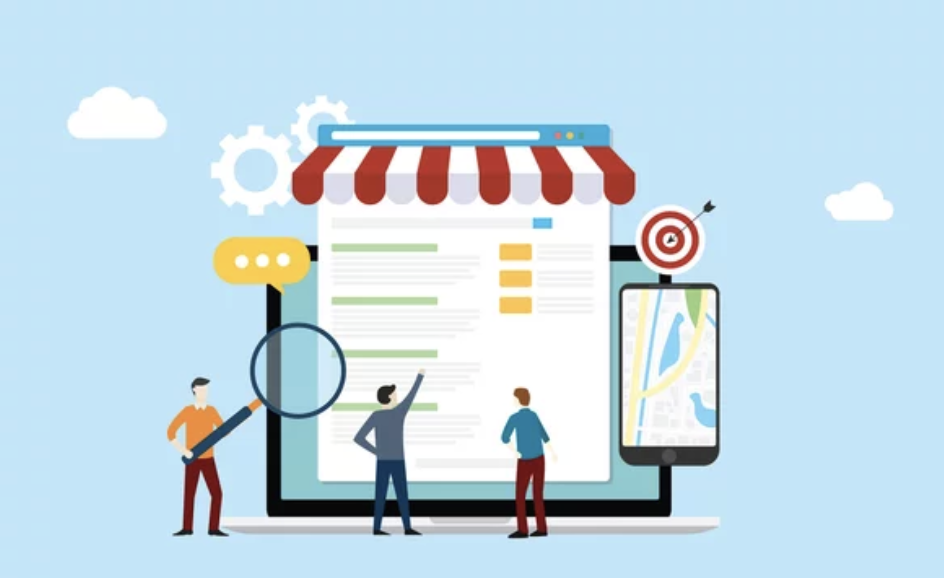Sending emails is a routine part of our daily lives. We communicate with friends, colleagues, clients, and customers through email regularly. In fact, the majority of email users check their inboxes every day, highlighting the immense potential of email marketing as a powerful tool for business growth.
Email marketing not only enables you to maintain communication with your existing customer base but also facilitates reaching out to new prospects. It’s an essential component of digital marketing strategies for companies of all sizes.
Understanding Email Marketing
At its core, email marketing involves sending commercial messages to a targeted audience via email. These messages can take various forms, including newsletters, promotional offers, product updates, or personalised communications tailored to specific segments of your audience. Unlike social media posts that can easily get lost in the endless scroll, emails land directly in the recipient’s inbox, offering a direct line of communication.
How Does Email Marketing Work?
The process of email marketing typically begins with building a list of subscribers who have willingly opted in to receive communications from your business. This list can be cultivated through various channels, such as website sign-up forms, social media campaigns, or incentives like discounts or freebies.
Once you have a subscriber base, crafting compelling email content is paramount. Whether it’s engaging storytelling, exclusive offers, or valuable insights, the goal is to deliver content that resonates with your audience and encourages action, whether it’s making a purchase, signing up for an event, or simply clicking through to your website for more information.
Email marketing platforms provide tools to design, send, and track the performance of your email campaigns. From sophisticated automation features that send targeted messages based on user behaviour to detailed analytics that measure open rates, click-through rates, and conversion metrics, these platforms empower marketers to refine their strategies and maximise results.
Why Email Marketing Is a Must
Cost-Effectiveness:
Compared to traditional advertising channels like print or TV, email marketing offers a high return on investment (ROI) at a fraction of the cost. With minimal overheads and the ability to reach a large audience with a single click, it’s a budget-friendly option for businesses of all sizes.
Direct Engagement:
Unlike social media algorithms that can obscure your posts from reaching your audience, emails land directly in their inbox, ensuring your message gets noticed. This direct line of communication fosters a deeper connection with your audience and increases the likelihood of engagement and conversions.
Targeted Reach:
Email marketing allows you to segment your audience based on factors like demographics, purchase history, or engagement level, enabling you to deliver tailored messages that resonate with each group. This personalised approach enhances the relevance of your communications and boosts engagement rates.
Trackable Performance:
One of the standout features of email marketing is its measurability. With detailed analytics provided by email marketing platforms, you can track key metrics such as open rates, click-through rates, and conversion rates, allowing you to gauge the effectiveness of your campaigns and make data-driven decisions to optimise your strategy.
Nurturing Customer Relationships:
Beyond driving sales, email marketing serves as a powerful tool for nurturing customer relationships. By delivering valuable content, exclusive offers, and timely updates, you can build trust and loyalty with your audience, turning one-time customers into brand advocates who champion your business to others.
Leveraging Your Database
Targeted Messaging:
Retargeting through email marketing allows you to reconnect with these contacts and drive repeat business. Your existing customers are already familiar with your brand and have a vested interest in what you offer. By segmenting your customer database based on factors such as past purchases, preferences, or engagement level, you can tailor your email campaigns with precision.
Reactivation Campaigns:
Over time, some customers may become dormant, slipping off the radar and disengaging from your brand. Email marketing presents an opportunity to reignite their interest and bring them back into the fold. By crafting targeted reactivation campaigns that highlight new offerings, remind them of the value you provide, or offer incentives to return, in turn driving re-engagement.
Dynamic Retargeting:
In addition to segmenting your customer database for targeted campaigns, dynamic retargeting takes personalisation to the next level by updating email content based on user interactions and behaviour. Whether it’s abandoned cart reminders, personalised product recommendations, or tailored content based on past interactions, dynamic retargeting ensures that each email resonates with the recipient in real-time, driving engagement and conversion.
While the digital marketing landscape continues to evolve, email marketing remains an effective strategy for businesses looking to connect with their audience, drive engagement, and achieve their marketing goals. By harnessing the power of targeted communication, personalisation, and analytics, businesses can unlock the full potential of email marketing as a cornerstone of their marketing strategy, driving growth and success in the ever-changing digital world.



